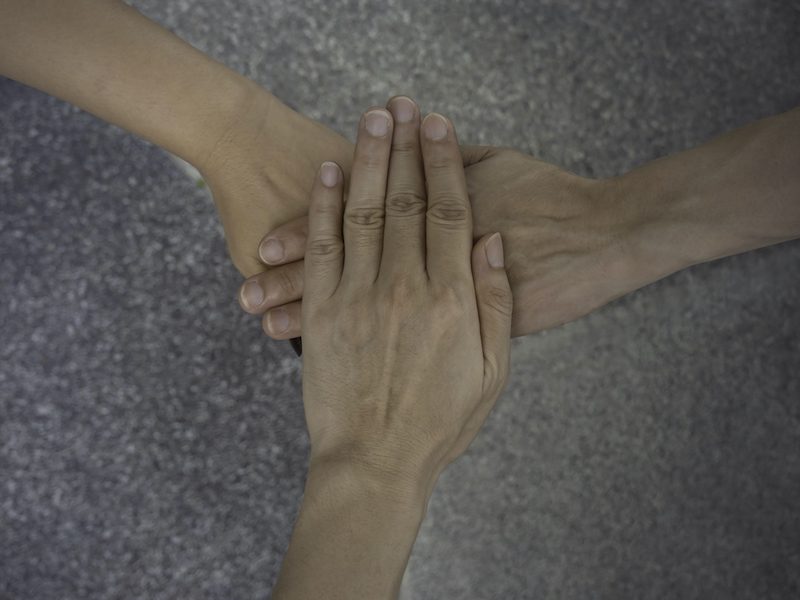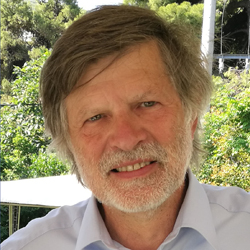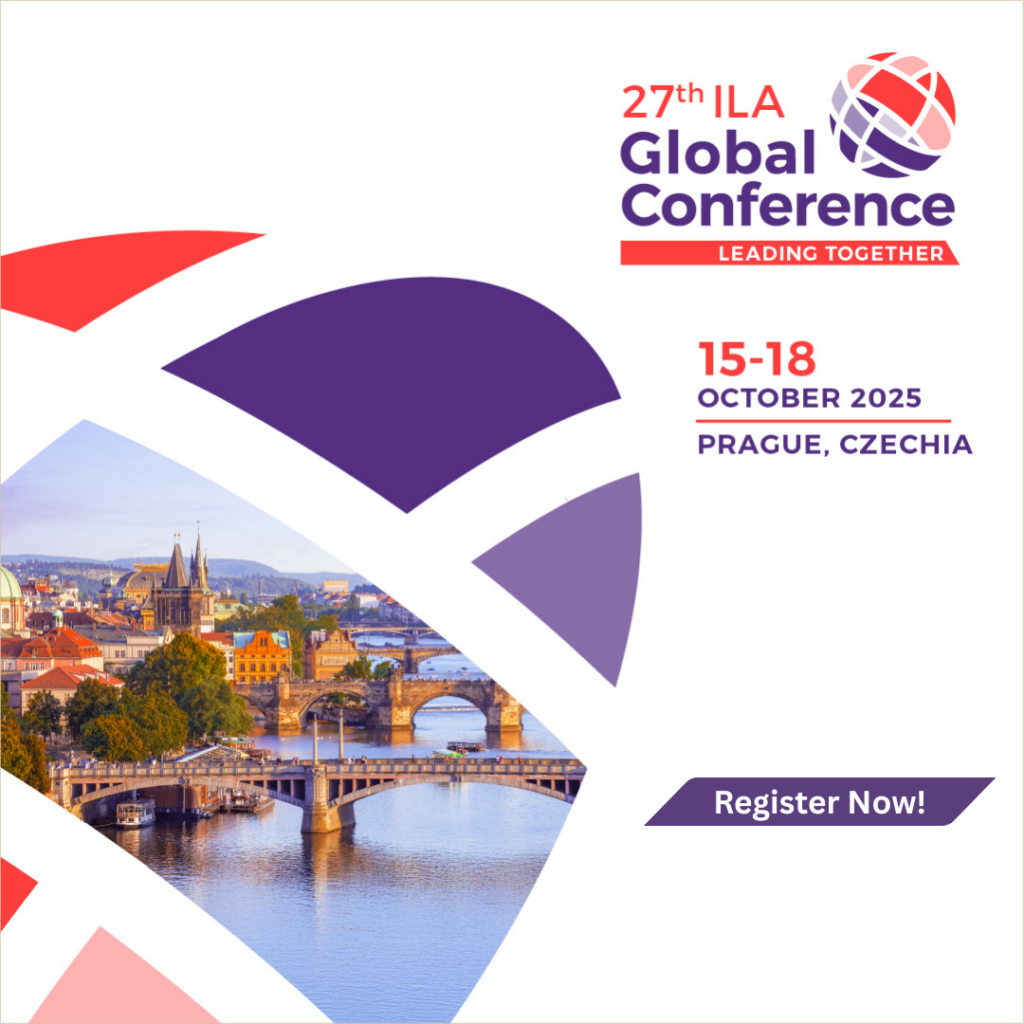
by Yiannis Gabriel
3 September 2020
Share:
The COVID-19 crisis has brought into sharp focus many of the challenges facing leaders in times of uncertainty and fear. Much has been written about different leaders’ responses to the pandemic, their many inadequacies and limited successes. Much less has been written about followership in times of crisis like the present one.
And yet, the success or failures of leaders in addressing the epidemiological, social, economic, and political issues raised by the virus depend to a certain measure on their followers, the relations they forge with them, and the trust they enjoy from them. Leaders do not operate in a vacuum, nor can a virus be overcome without collaboration between leaders and followers, as the examples of New Zealand, Greece and, more controversially, Sweden, indicate.
The complexities of the situation facing us, its many imponderables and few certainties, make it a perfect laboratory in which to explore the potential and limitations of leadership. These same complexities also make it a perfect testing ground to study followership, an opportunity that runs the risk of being missed, if all our attention is focused on the leaders.
The pandemic unleashes fears, real and imaginary, in most people. Confined to their homes, deprived of emotional and physical contact, millions across the globe live in fear and anxiety. Boredom, Baudelaire’s “delicate monster,” has crept in after months of isolation, suspended travel, and cancelled visits. In many cities, the restaurants, cinemas, shopping malls, sports arenas, places of worship, and the streets and squares have fallen silent. Stuck in front of TV screens and computer monitors, people follow a steady flow of near-identical news stories, while a cacophony of voices compete to make sense of a senseless calamity. Meanwhile the COVID-19 virus continues to do what viruses do. Silently.
Silence is dangerous because it leaves us alone with our dark fantasies and fears that threaten to overwhelm us. As Kafka argues in his short story “The silence of the sirens,” the silence is more deadly than their song because it deprives us of our usual defences, loud social interactions, incessant movement and noisy escapism1. Against such a deprivation, our second line of defences, hooking ourselves on-line and on-media, offers but scant consolation.
“All of humanity’s problems stem from man’s inability to sit quietly in a room alone”, claimed Pascal in 1645. Sitting quietly in a room mostly on our own is what the coronavirus has forced on many of us. Others find themselves locked in a room with a few family or friends and discover the meaning of “Hell is other people,” Sartre’s proclamation in No Exit, a play in which three people are stuck in a room without a door.
In these circumstances, many of us regress to primitive forms of mental functioning which served us well in early childhood when we could believe in good and evil and when our mother and father could solve most of our problems. Now, we turn to professors and prophets of hindsight and their messianic solutions, hoping to find certainty in the midst of confusion.
The success or failures of leaders in addressing the epidemiological, social, economic, and political issues raised by the virus depend to a certain measure on their followers, the relations they forge with them, and the trust they enjoy from them.
Failing that, we turn to another cast-iron certainty – that someone is to blame for our troubles, someone incompetent, uncaring, and almost unfailingly evil. Conspiracy theories placing the blame squarely on some malevolent agent acquire an unlikely credibility. We turn to the state and our political leaders for certainty and expect them to act decisively and authoritatively, even when such actions fly in the face of the changing flux of information and knowledge about the virus and its consequences. Placing the onus on others, the onus of blame and the onus of finding solutions, invariably exacerbates the problems, both the objective problem of the pandemic and the subjective problem of our emotional and spiritual well-being. It makes followers look for messianic solutions. It makes them overlook big mistakes and exaggerate little ones. It makes them look for scapegoats and fall guys. It creates the perfect situation for false messiahs, quacks, faith healers etc. It also unleashes a Manicheanism where everything must be all good or all bad.
Is there another way of handling this situation? Accepting uncertainty is a first and major step. We must accept that we are confronted with a complex and unpredictable predicament, both as individuals and as groups and nations. In such a situation, letting go of some of our cherished routines and assumptions is essential. We can accept that many aspects of our lives will be different from what we took for granted. Like millions of people before us who lived through wars, dislocations, famines, and natural disasters, we must understand that safety and certainty are desirable but cannot be vouchsafed by anyone. Politicians are unable to provide safety and certainty, but neither are scientists. If this crisis has taught us anything, it is that science can only provide us with partial, provisional, and qualified truths. Faced with an unexpected and Protean opponent, scientists often find themselves divided and uncertain, pressured to affect certainty in the face of uncertainty, and abandoning their professional scepticism in the interest of alleviating suffering and delivering “solutions.” We must accept that some of the scientists’ pronouncements have a high probability of accuracy, some are only right in specific circumstances, some are premature, and some are, at best, speculative.
Looking at these pronouncements, we can take some responsibility for our own actions, aiming to reduce the risks to ourselves and our fellow citizens. Inevitably, we, like politicians, will take some risks and avoid others, but we should not expect the state and our political representatives to offer us certainty when there can be no such thing. Washing our hands at the outset of the pandemic seemed a wise and essential measure, wearing masks, less so. At the present moment, it seems that wearing masks is essential in public gatherings, other precautions maybe less so.
We can also strengthen our communal attempts to address the suffering of those of our fellow citizens who are worst hit by the crisis. These include the sick and the mourning, the elderly living alone, the furloughed and unemployed, the young couples with children struggling to work online while their children, home from school, demand love and attention.
A myriad of local initiatives have sprung up since the early days of the virus, people supporting each other in innumerable ways, material and emotional. The social media, rightly criticized for multiple failings and wrongs, have shown that they can be effective in bringing people together at the level of neighbourhoods, groups, and communities, addressing human needs for contact, comfort, companionship, and support.
As a test of followership, the best that COVID-19 can offer us is an opportunity to accept and live with the adversities of life; liberate ourselves from false beliefs in the omnipotence of leadership, scientific and political, in resolving all our troubles; and restore our faith in ourselves as citizens capable of holding our leaders to account, while taking responsibility for our own actions.
This blog is adapted from a Special Issue of the journal Leadership devoted to leadership and the coronavirus crisis. This paper can be accessed online for free. All the other papers in this Special Issue are also freely available.
1Gabriel, Y. (2020). Kafka and the COVID-19 epidemic: Why the Sirens’ silence is more deadly than their song. Leadership, 16(3), 320-330. Available from https://journals.sagepub.com/doi/full/10.1177/1742715020929155#articleCitationDownloadContainer

Yiannis Gabriel is Professor Emeritus at the University of Bath and Visiting Professor at Lund University, Sweden. His interests include leadership and followership, management learning and contemporary consumption. He is co-author of Return to Meaning: A Social Science with something to say (with Mats Alvesson and Roland Paulsen) and maintains an active blog on www.yiannisgabriel.com.


